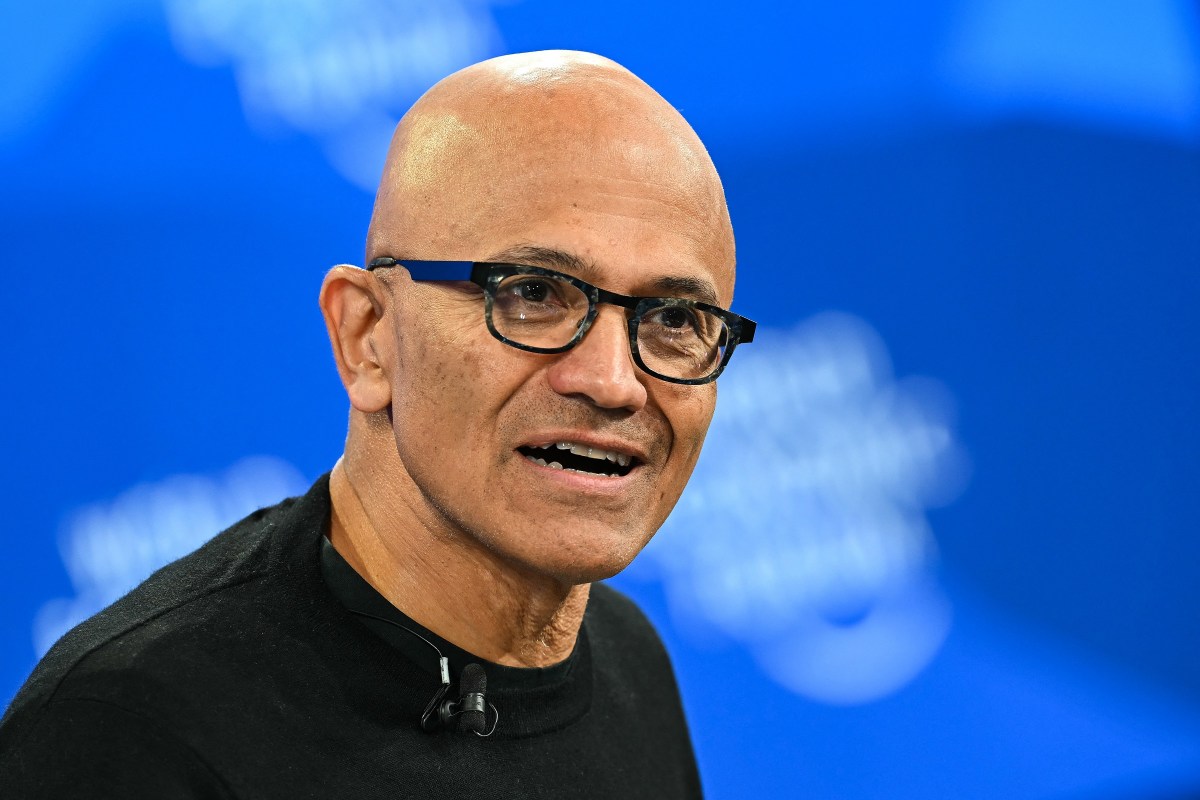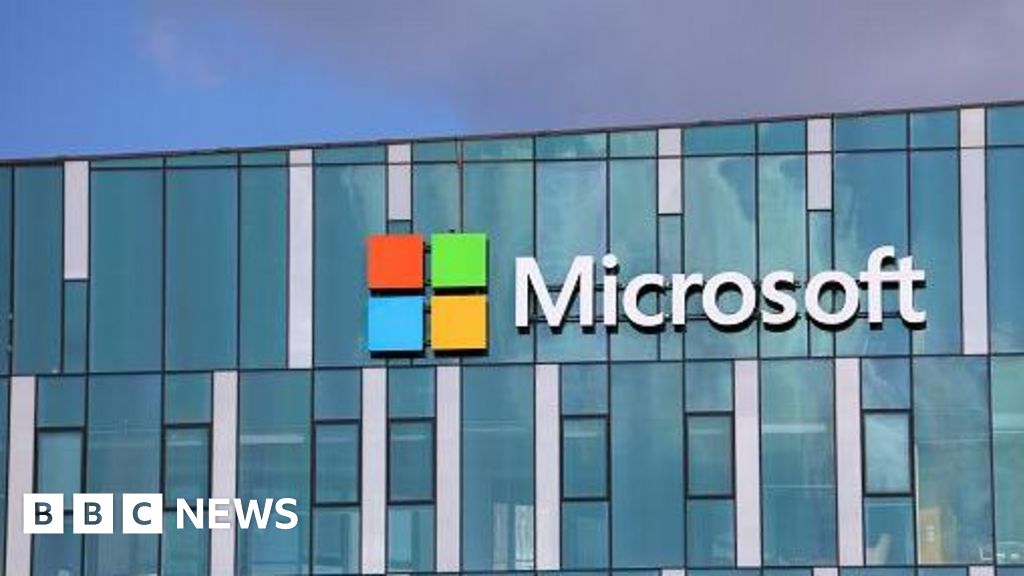fromVue.js Jobs
3 days agoFull Stack UI Developer (80/20 split) at Circit Limited - VueJobs
In this role you will: Build and maintain features across our Vue 3 frontend and .NET 8 backend, with a strong emphasis on the UI layer; Design, develop and deploy backend services for our clients with a focus on high availability, low latency, stability and scalability; Analyse user needs and software requirements to determine feasibility of design within time and cost constraints;
Software development











